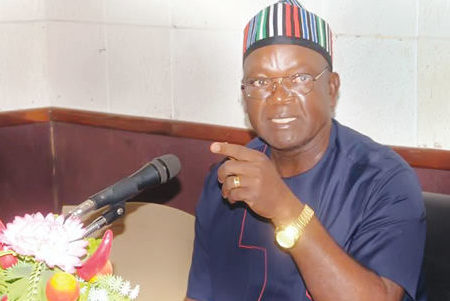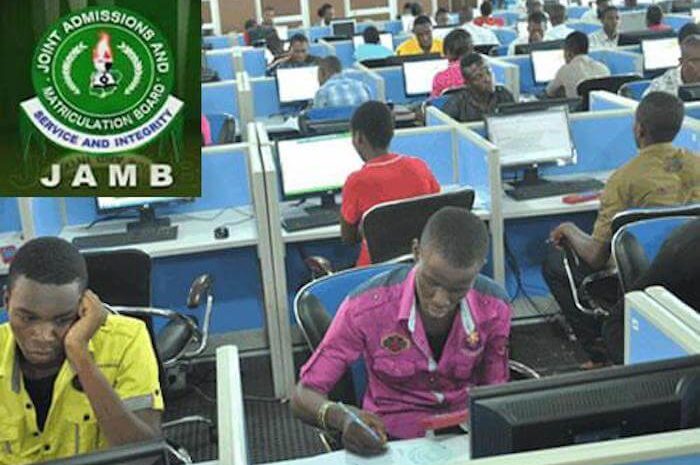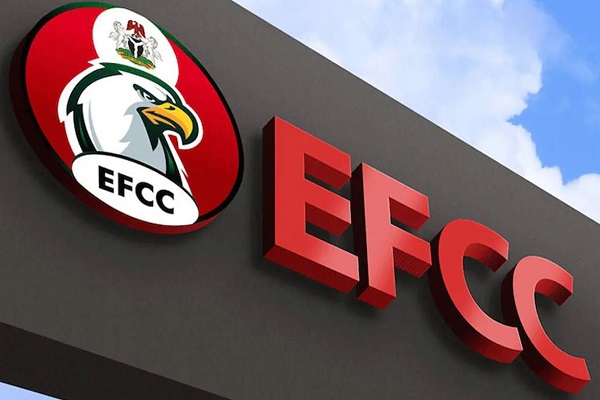The Sustainable Mechanism for Improving Livelihood and Household Empowerment (SMILE), Project has ended in Benue State.
The five-year the project successfully provided a variety of need-based and age-appropriate services to 218,465 orphans and vulnerable children, (OVC) and 67,573 households across 17 council areas in the state.
SMILE ’s Chief of Party, Emeka Anoje, disclosed this in Makurdi, at an event to mark the successful implementation and close of the SMILE Project in Benue state.
He explained that the project was implemented in 17 out of 23 Benue local government areas, adding that over its five-year lifespan in the state, it worked through 20 civil society organizations to achieve its aims.
According to him, this figure represents about 40 per cent of all beneficiaries served across the five project states.
He named key interventions implemented by the project to include: HIV care and support, a range of household economic strengthening activities comprising unconditional cash transfer, agricultural value chain and value addition, savings group promotion and vocational skills training.
Others were support for birth registration and other child protection services, nutrition and food security services, support for school enrolment and retention as well as adolescents girls programming aimed at reducing the risk of HIV transmission among adolescents girl through educational and psychosocial empowerment, improvement in parental relationship and structured HIV prevention messaging.
READ ALSO: Compulsory use of national ID number to begin January 2019
Also speaking, the Country Director, ActionAid Nigeria, Ene Obi said the project would not have been possible without the funding from USAID.
According to her, USAID has shown commitment to addressing the challenges of orphans and vulnerable children and strengthening institutions responsible for their welfare.
Citing the 2008 Situation Assessment and Analysis of Orphans and Vulnerable Children (OVC), report, Mr. Obi said 17.5million or 24.5 per cent of children in Nigeria are vulnerable with 17 per cent classified as highly vulnerable.
She said the contributing factors include HIV epidemic, poverty, maternal mortality, conflict, harmful cultural practices and gender inequality.
“A review of the situation birthed the need to develop systems and structures to respond and serve orphan and vulnerable children, who often live in precarious economic and food security conditions with poor access to basic services by working with relevant stakeholders to ensure regular OVC assessment and improve information sharing that will lead to OVC responses with quality coordination”, she said.
Mrs Obi expressed enthusiasm over the success of the project in the state and appealed that children should be treated with care because any child in any home is an angel.
The wife of the Benue State Governor, Eunice Ortom, commended the SMILE team for putting a smile on the faces of Benue people said the project was a huge success.
She said the experiences and testimonies shared by beneficiaries showed SMILE had a happy ending but appealed for its relaunch to consolidate on current achievements.
She called on Benue people especially beneficiaries of the project to take advantage of the knowledge gained to better their lives and that of others around them.
The beneficiaries thanked the project team for giving them a new lease of life and pledged to sustain the businesses they started with the help of SMILE.
SMILE is a five-year USAID-supported grant implemented by a consortium led by Catholic Relief Services (CRS) in collaboration with ActionAid and Westat.
The project was funded to improve the wellbeing of OVC and their caregivers through household economic strengthening (HES), health services including HIV and Tuberculosis services as well as nutrition services, access to education among other supports.
The project started in 2013 and was implemented in Abuja, Benue, Edo, Kogi and Nasarawa states.











